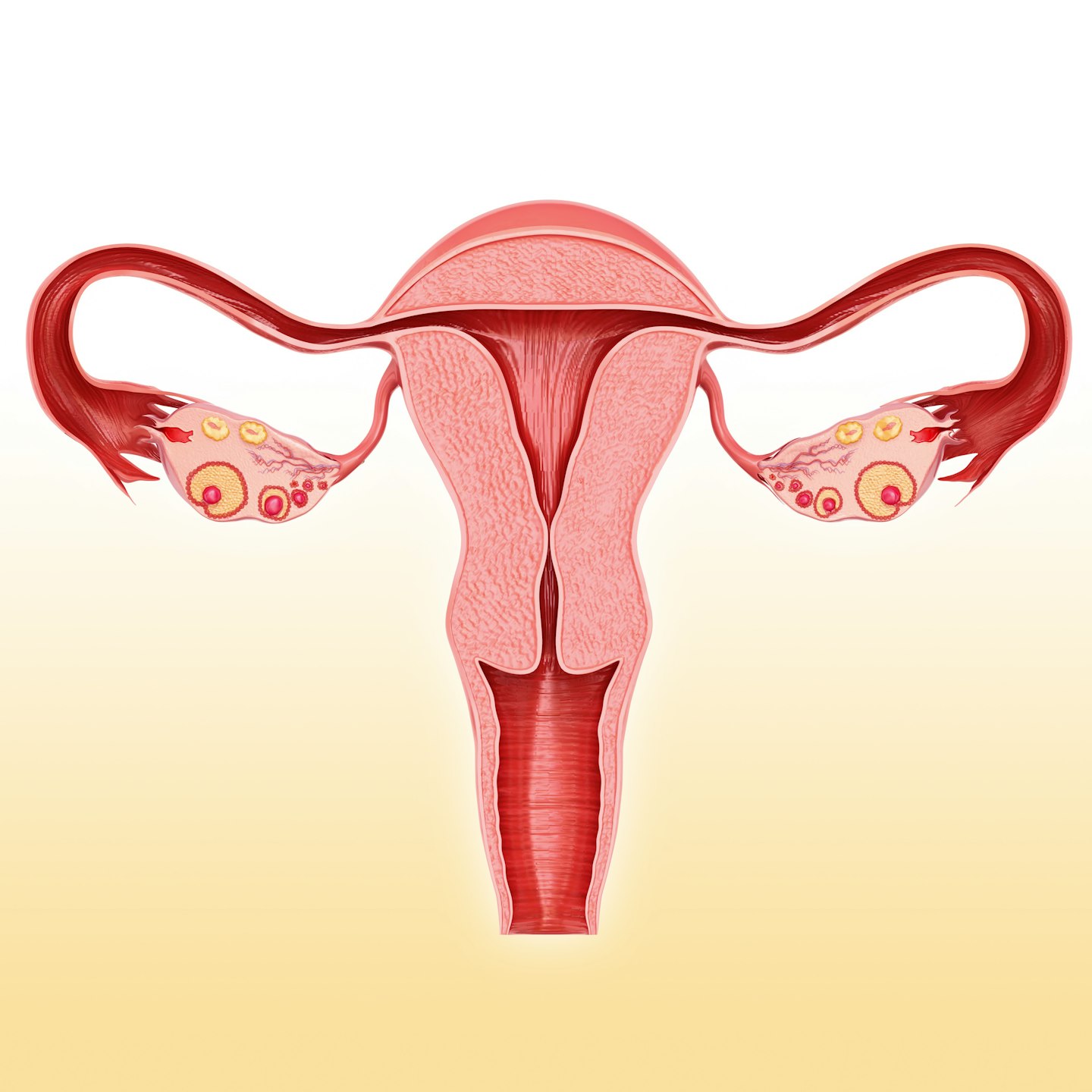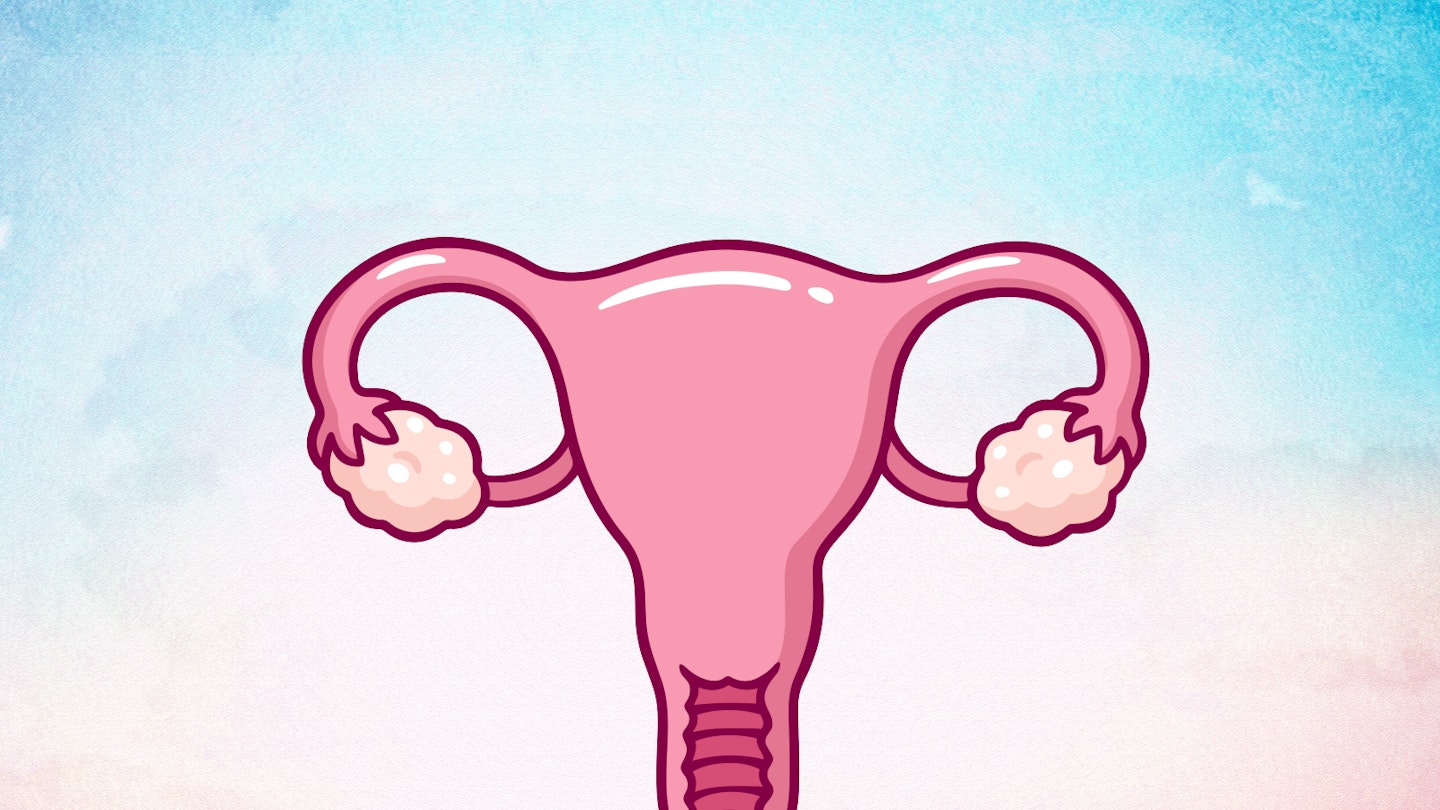The female body is strong, magnificent, beautiful… and incredibly complex — so complex in fact, that a lot of people (ahem — men) don’t actually have the foggiest idea about what goes on in there.
A bunch of mums asked their other halves what they think happens during ovulation and, while there were a select few that were in-the-know, most of the responses had us either perplexed, rolling on the floor laughing, cringing, or all of the above.
We get it, there are a lot of parts and tubes, and technical terminology, and something about eggs… so to clear up any confusion, let’s take a moment to briefly clarify what ovulation really is.
What happens during ovulation?

Women are born with all their eggs (roughly 1-2 million of them). By the time they get their first period in puberty, this number is down to 300,000, only300–400 of which ever get ovulated, before they all run out when a woman hits menopause. A menstrual cycle is typically 28 days — although it could be anywhere between21 and 35 days— and the first day of a period is classed at the first day of the cycle.
On day one of the cycle, several hormones — including a follicle-stimulating hormone — are released making the eggs in the ovaries grow and thickening the lining of the uterus in preparation for a fertilized egg. On days 11-21 of the cycle, another hormone, the luteinizing hormone, is discharged prompting the release of the ripest egg from the ovary. Usually, only one ovary will release an egg, but on rare occasions, both ovaries do — thus resulting in fraternal twins if both eggs are fertilized. Identical twins are formed when one fertilized egg splits in its very early stages.
Once released from the ovary, the egg travels through the fallopian tube where, if met by sperm, can get fertilized and fall into the ready-and-waiting uterus/womb, attach itself to the uterine lining, and form into a foetus. If an unfertilized egg falls into the uterus, the uterus will start to shed its lining and, approximately two weeks later, menstruation will commence.
And there you have it. So, without further ado, this is how 15 men (who were probably asleep during biology class) answered the question, “What happens during ovulation?”
1. “It's when you get your period.”
2. “It's when the egg is removed from your ovarian lining and cycled out of your foetus... I know, there is no foetus involved; I just got nervous and started using scientific terms.”
3. “What? It's like, your cycle.”
4. “It's when your f***ing eggs come out.”
5. “You make eggs. Then get your period. Stop asking.”
6. “It's when all the eggs come down.”
7. “I don’t know exactly what it is I just think that it’s easier to get pregnant? The ovaries become more sensitive or something. The ovaries are women’s eggs, innit.”
8. “It's when your ovary comes down from the fallopian tube and then you get your period.”
9. “When you produce an egg.”
10. “The egg travels down to the g-spot, that’s why the g-spot is so sensitive during those days, and it’s easier to get pregnant because the egg is right there in the sex area.”
11. “Readying an egg?”
12. “The egg travels to the tube then stops. It’s trapped there for two days because it’s waiting for the sperm to meet it during intercourse and become a baby. Some days it waits for two days, other days three.”
13. “The ovaries get sensitive and ready to receive the sperm to make a baby.”
14. “The two eggs leave the ovaries and get replaced by new ones.”
15. “Uhh... Egg gets released from the ovary and travels down the fallopian tube to the... What's it called? Not the cerebellum... The uterus!”
Ask your other half what they think happens during ovulation, and share with us in the #mumtribe group on Facebook!
Now read:
19 ovulation facts you need to know if you're trying for a baby
5 signs you're ovulating to understand when you're most fertile
